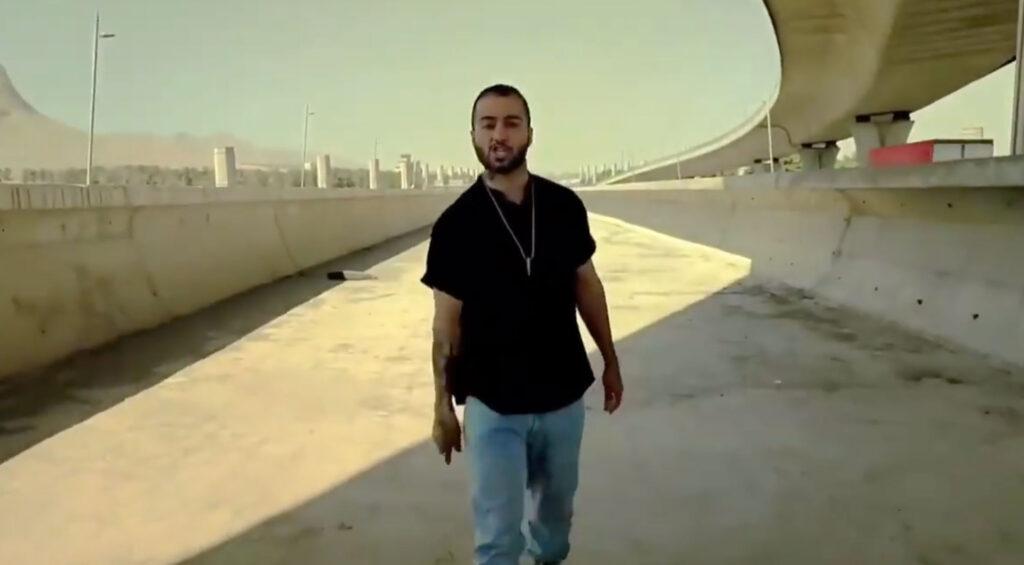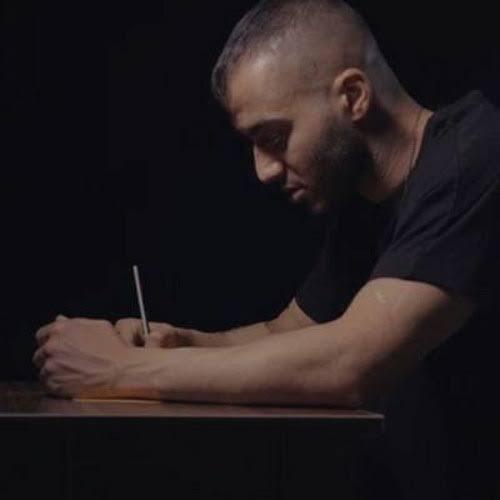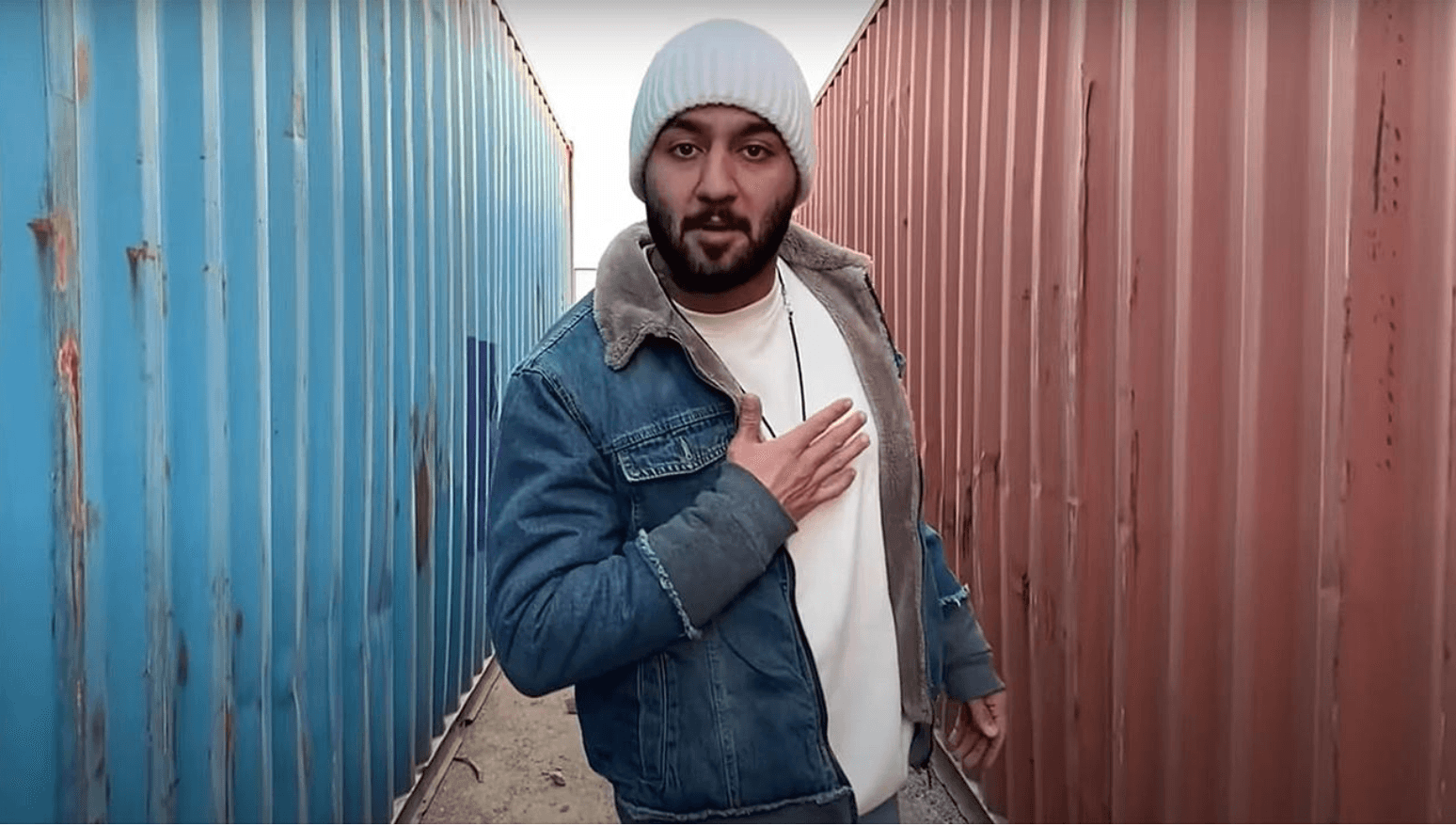Iranian rapper Toomaj Salehi has been sentenced to death in Iran.
Toomaj Salehi stands out because he speaks his mind. Now, he could pay the ultimate price.
This week, the 33-year-old Iranian rapper was sentenced to death by a revolutionary court in Isfahan, his attorney said.
Salehi is known for his unflinching lyrics and criticism of both the Iranian government and the upper classes. In September of 2022, Salehi also emerged as a leading voice in support of protests following the death in custody of Mahsa Amini.
“We are horrified at this outrageous death sentence,” said Nassim Papayianni, a campaigner for Amnesty International. “His trial before a revolutionary court in Isfahan was grossly unfair.”
At least eight people have been executed in Iran over charges related to the Amini protests. Several people remain on death row.
“We are seeing the authorities in Iran continue to wield the death penalty as a tool of political repression to stifle and instill fear in the public as an attempt to keep their grip on power,” Papayianni said.
In September of 2022, Iranian morality police arrested 22-year-old Amini for allegedly wearing a compulsory hijab incorrectly. She was severely beaten and died, sparking nationwide protests that continued for months.
Salehi documented the moment in a song, called “Battlefield.”

“We turn a deaf ear to the dictator with the instrument of women’s rights, life freedom./We fight to the death,” he rapped.
An Iranian DJ living in Istanbul, whose name isn’t being used for his safety, said that from the first time he heard Salehi’s work, he knew it was something different.
“You could clearly tell how educated he is. You could tell the high quality of his technique and the music that he produced,” this DJ said through a translator.
It’s fluid and confident. Salehi is not one to hide behind a metaphor. His work is brave, the DJ said, not just because of his words, but because he knew what the consequences would be, and he continued to release music from inside Iran.
“In America, for example, hip-hop is used there to speak out to authority as well. But we can see that people can have their own microphone there and criticize whoever they want in authority, and nothing can happen to them,” this DJ said.

In Iran, writing music with political messages takes no small amount of courage. Shows are banned, mixtapes are sold in secret or through online torrents, and artists have faced prison time for their work. As a result, many artists — including this DJ — have moved to Turkey.
As outrage over Amini’s death spread to cities across Iran, artists abroad formed a group to amplify voices from the protests and bring international attention to the cause. Salehi’s posts were a major part of this campaign.
“We would take shifts, so that we wouldn’t let the social media attention slow down,” the DJ said.
As Salehi released videos of himself participating in the protests, he would include helpful information for protesters, like places where police were stationed. He shared advice on how to keep a phone from being tracked by authorities.
“In the worst and most-dangerous situation, he proved to be the one he always described in his songs,” the DJ said. “He was always outside, always in the front line, with the people.”
But Salehi knew he was being hunted by the government. For weeks, he moved from safe house to safe house.
On Oct. 30, 2022, security forces descended on the place where he was hiding, arresting him and two friends. Days later, Iranian state media released a video of him, bloodied and blindfolded, saying he made a mistake.
After more than a year in detention, Iran’s Supreme Court found issues with Salehi’s case and allowed him to be released — though he was arrested again two weeks later on new charges of “propaganda against the state.”
His latest death sentence — handed down by a Isfahan revolutionary court — was described as “unprecedented” by his attorney, who said they will appeal the ruling.
“He was living his art,” said Holly Dagres, a senior fellow at the Atlantic Council.
She pointed to an Instagram video recorded before Salehi’s arrest, but posted by his friends afterward, where the rapper describes his mission and work.
“The upper classes have a voice enough./I think rap is the voice of suffocated throats,” he said.
Salehi has long served as a voice for disillusioned youth in Iran, Dagres said. She believes that his ongoing detention shows that Iran’s crackdown on the Amini protests is failing.
“When they’re doing this, it’s because they want to silence dissent. But people are still protesting, they’re still vocal. And that, to me, signals that what [the authorities] are doing is not working. Silence is no longer an option,” Dagres said.
A week before his 2022 arrest, Salehi released another song, called “Faal.” The title is a reference to fortunes told through the patterns that coffee grinds make when you turn your cup upside down.
In the music video, Salehi is dressed all in white — standing in a desert as the sun sets.
“In the video, which was filmed, again in Iran — you see him sitting across from an Iranian official. And he’s rapping and he’s reading the coffee grinds to tell the Islamic republic’s future and that it’s not going to survive,” Dagres said.
“How many young people do you kill to build a tower for yourself?” Salehi raps. “Someone’s crime was dancing her hair in the wind – someone’s crime was that she was brave and has criticized.”
“While in prison, Salehi once asked his father, ‘Dad, is anyone out there talking about me?’” Dagres recalled.
“After the terrible news of his death sentence, the whole world now knows Toomaj Salehi’s name.”
